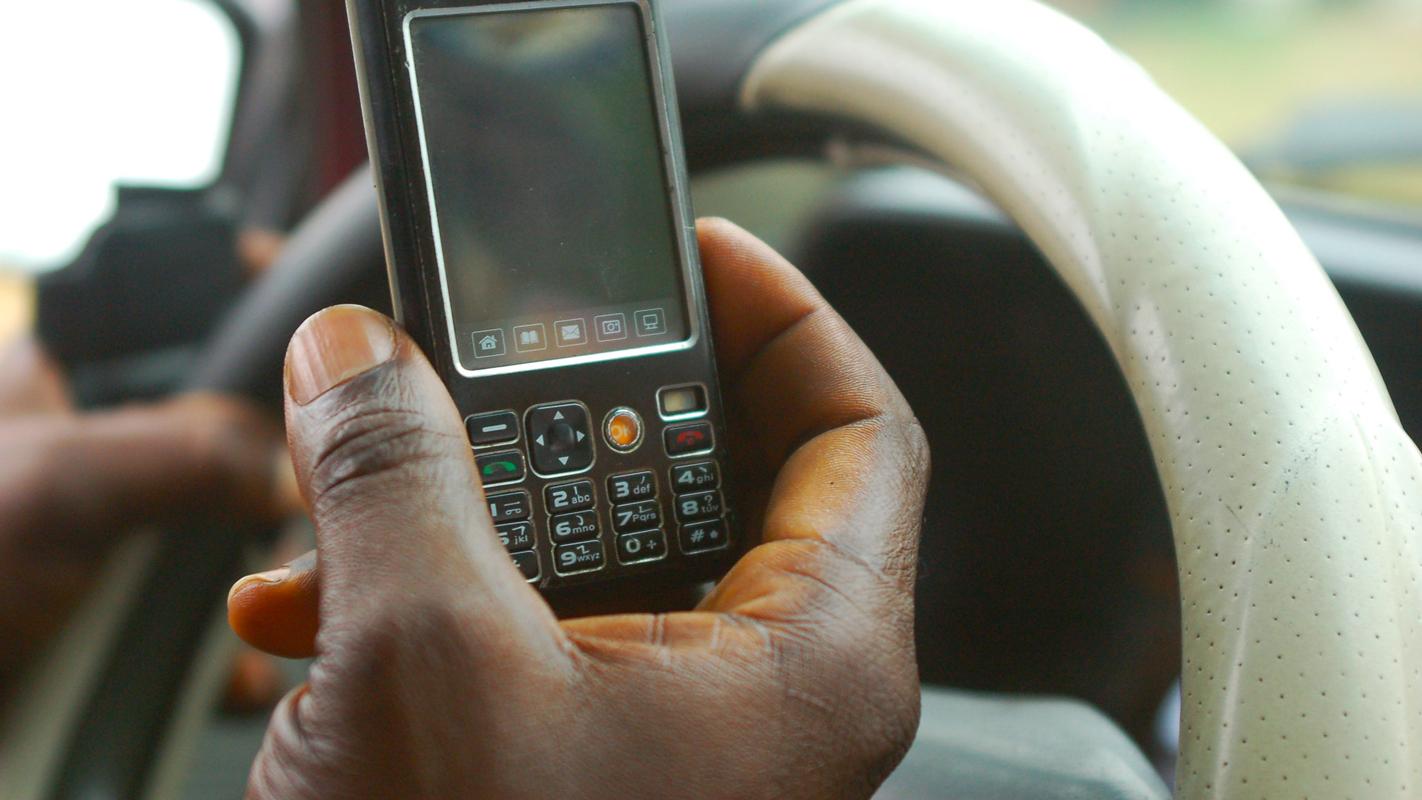Transparency of government budgets is essential for holding those in political office accountable for public spending, such that positive outcomes are delivered for citizens’ well-being. While Kenya’s ranking for budget transparency shows signs of improvement, it must go further to present a fully open budget held to scrutiny in the public interest. To achieve this goal, James Muraguri outlines four recommendations.
The global COVID-19 pandemic has put governments’ commitment to budget transparency into very sharp focus. From business relief packages and cash transfers to the most vulnerable to healthcare infrastructure, the budget decisions that are being made around the world today will have a significant impact for years to come. According to the just-published Open Budget Survey 2019 (OBS) carried out by the International Budget Partnership, four in every five of the 117 governments assessed in the report failed to reach the minimum threshold for adequate budget transparency and oversight. Even fewer governments provided opportunities for the public to participate in shaping budget policies or monitor their implementation.
In the new Open Budget Survey’s findings, Kenya’s transparency score has increased from 46 in 2017 to 50 in 2019, against a 2019 global transparency average of 45 and a sub-Saharan Africa-wide average of 32. However, budget transparency gaps persist throughout Kenya’s budget cycle, particularly relating to the information contained in the Mid-Year Review report produced by the National Treasury which is not publicly available.
These gaps are further compounded by the weak oversight of the National Assembly during the budget implementation period, and the fact that the office of the Auditor General provides no opportunity for citizens to engage. In its assessment of national budgets around the world, the Open Budget Survey shows that transparency alone is not sufficient to improve governance environments, and that inclusive public participation is essential for realising the positive outcomes associated with greater budget transparency. Kenya scored 20 out of 100 for public participation, against a global average of 14 out of 100. The country’s score could easily have been higher, had it not been for the National Treasury’s limited engagement of the public during budget formulation, and the total lack of public engagement during the budget’s implementation.
Increased budget transparency is testimony to a government’s acceptance that the resources entrusted to it by the people require high levels of accountability. Not only are budget transparency, accountability and comprehensiveness moral requirements, but in most jurisdictions they are legal requirements, too. In Kenya, the Constitution and the Public Finance Management Act 2012 are very clear on the levels of transparency and accountability that government should adhere to with regards to taxes. Budget transparency deficiencies are not merely technical shortcomings of interest only to financial commentators and to the specialists in the hundred-plus civil society organisations and academic organisations around the world who compile the Open Budget Survey. At their heart, these budget transparency failings are matters of grave concern to citizens, because they touch on countless aspects of individuals’ daily lives and the country’s health, wealth and stability. For citizens’ quality of life to improve and for inequalities to be reduced, public spending must always be guided by the mission of delivering positive outcomes not only for taxpayers, but for everyone.
Budget transparency during the COVID-19 crisis
The OBS 2019 results have provided evidence that comprehensiveness of budget information remains a global challenge requiring urgent and sustained attention. During the COVID-19 crisis, this urgency is in no way lessened; in fact, it is even greater. In Kenya, the government has received a number of donor commitments to support COVID-19-related initiatives; the World Bank, for example, has given $50 million USD to emergency response interventions. In making its funding contract with Kenya publicly available, the World Bank continues to model the levels of transparency that we have the right to demand governments exhibit upon receipt and disbursement of such funds. There is no need for a trade-off between addressing the coronavirus pandemic as an emergency, and redoubling our efforts to achieve a transparent public finance management system. As spending rapidly increases, the documentation of such expenditures and processes must improve just as rapidly, and Supreme Audit Institutions (SAIs) and national parliaments have an obligation to involve themselves in the oversight and monitoring of these resources.
How can we ensure that the improvements we have seen in Kenya’s budget transparency continue and increase? Firstly, the Ministry of Finance must consider a pilot mechanism to monitor budget implementation. Such an initiative could potentially involve a simple quarterly engagement between citizens and state departments relating to specific programmes. Especially salient for a country in which mobile banking innovations have made it a leader in African’s digital sphere, the reach and success of such engagement could be boosted by the development of digital channels, such as apps, that would allow citizens to report to the ministry on the progress of programme implementation. Furthermore, the Ministry of Finance must particularly focus on actively engaging with vulnerable and underrepresented communities, either directly or through the civil society organisations representing them.
It is essential to remember that a budget process is not only an undertaking by the executive wing of government. The parliament of Kenya, and specifically the Public Accounts Committee, should consider allowing members of the public and civil society organisations to testify during its hearings on the Audit Report. Further, to increase transparency during the COVID-19 pandemic and thereafter, parliamentary sectoral committees should make their reports publicly available on the Parliament’s website.
Finally, as the Open Budget Survey’s coalition of partners around the world work to shape an equitable future, it is time for the government of Kenya to devote the next five years to achieving four key milestones. First, it must publish information on how public resources are generated, allocated and spent, and in in a timely manner that is accessible to all. Second, it must create opportunities for all people, particularly those from marginalised communities, to provide input into the budget process. Third, it must ensure that there is a strengthened monitoring and oversight system of budget execution through independent institutions. Finally, it must ensure that there are sustained improvements on the progress it has already made on open budgeting, and protect them from political shifts.
These four action points go to the heart of what is meant by improving budget transparency practices. Progress in these key areas will provide necessary insight into the impact that open budgets have on different segments of our population and, in so doing, will ensure that Kenya continues its progress in defeating the scourges of poverty and inequality.
James Muraguri is chief executive officer of the Institute of Public Finance Kenya and an Atlantic Fellow for Social and Economic Equity in the International Inequalities Institute, LSE.
Photo: Uhuru Kenyatta, President, Republic of Kenya. Credit: Suzanne Plunkett 2018. Licensed under creative commons (CC BY-NC-ND 2.0).






James has written an honest article about the the misuse of public finances. I congragulate him.
This is not only the problem of Kenya but the entire Africa. Transparency is desperately needed.
On a different not, I was recently in Kenya and in a restaurant with a white colleague who I invited for lunch. I’m a black African but not from Kenya. I was shocked to find that my white colleague was getting getting a 100% attention while I had to almost beg for service. Even my white colleague noticed and expressed embarrasement. I swallowed my African pride and told my white colleague that he treated me the way he did because he considiired me a family.
But deep down I was ashamed.
Where I originated from, I would rarely expect such a degrading treatment.
There is a great deal of diversity within Africa. Colonialism had impacted us to varying degrees.
I’m very sad to report!
James, while I agree with your article, I wish that for the Kenya aspect, you ought to put much thought to the changes that were brought about by the Constitution of Kenya 2010.
The formation of the County Governments means that most of the interest shifted to the 47 regions and their devolved functions. This means that most of the marginalised communities (and I come from one) focus is on what is in our County budget.
So lets start with asking these questions, are Counties open and transparent about their budgets and expenditure? Do they indicate their sources of funds? Do they provide quarterly reports? Do the County Assembly undertake the oversight role?
If we can answer some of these questions with proven hypothesis, then I believe we shall be able to understand why there is less pressure on National Government to provide budgetary information because most of the work and attention is with the County Governments.
Regards
Andrew K. Mlawasi ACCA